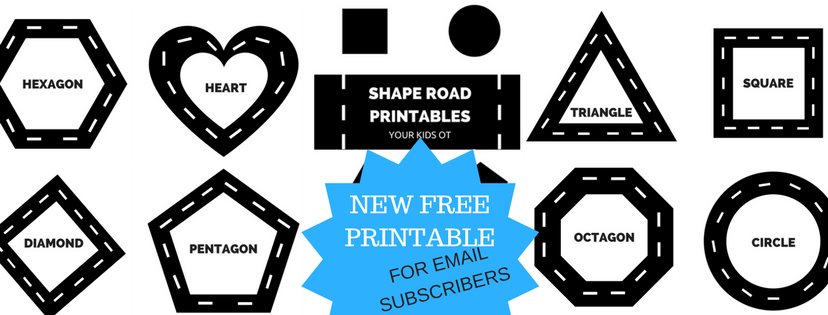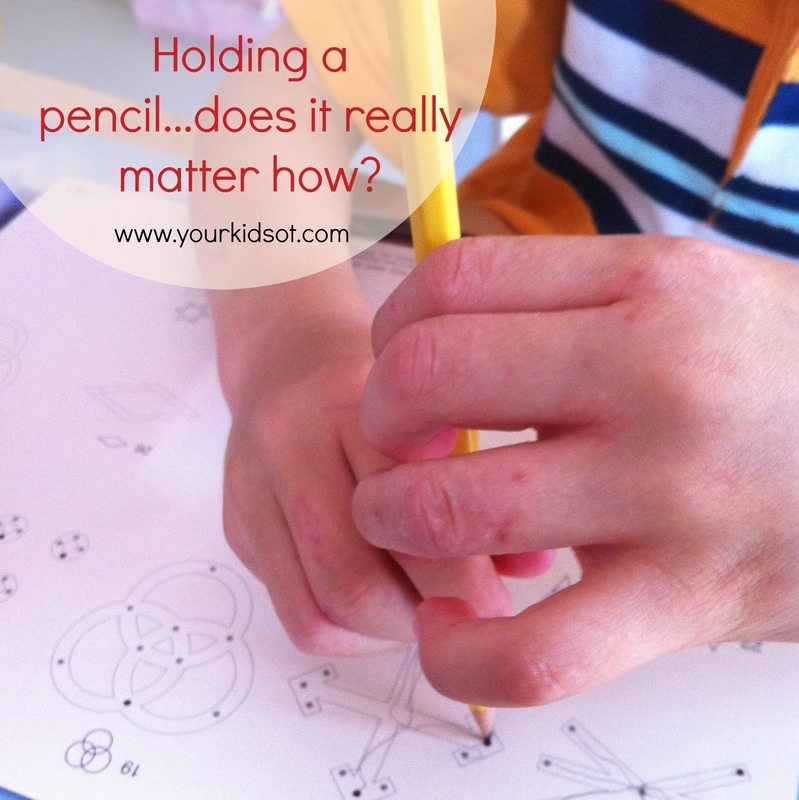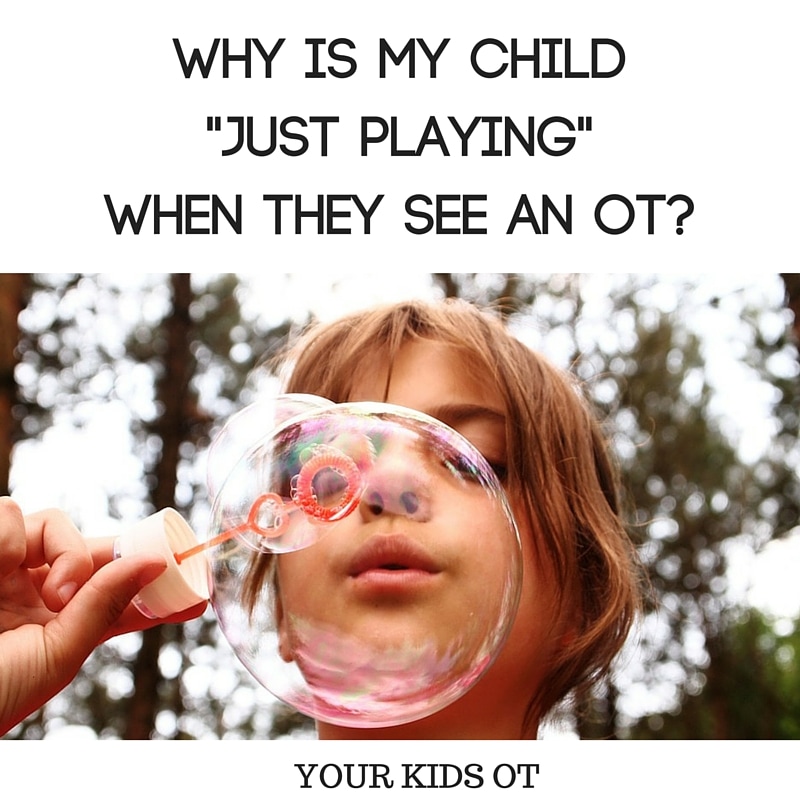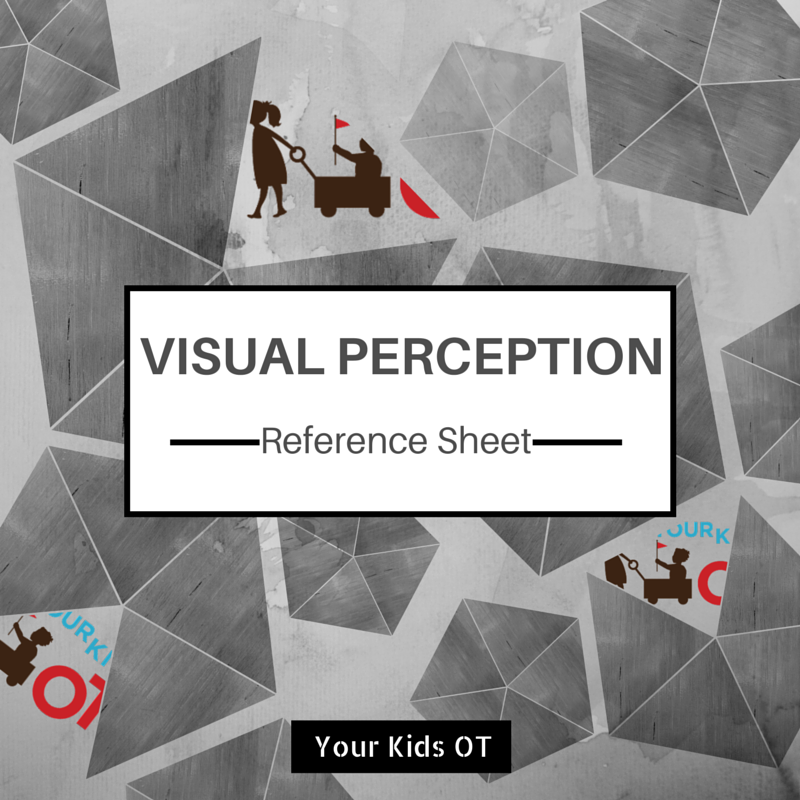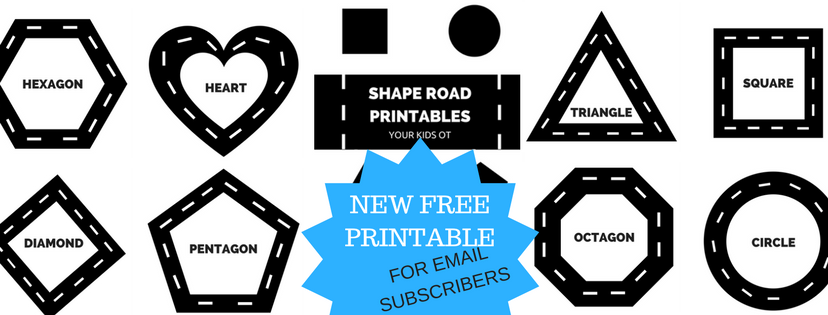|
Today I would like to introduce Lauren from Teacher Types as a guest blogger giving us some helpful hints for learning sight words! Lauren is a mother of two, Early Years teacher, proud Adeladian and blogger at www.teachertypes.com. Parents and teachers of young children can be inspired with her play based activity ideas and parenting stories. A big thanks to Lauren for this great article to help your children with learning sight words!
~~~~~~~~~~~~~~~~~~~~~~~~~~~~~~~~~~~~~~~~~~~~~~~~~~~~~~~~~~~~~~~~~~~~~~~~~~~~~~~~~~~~~~~ Many parents are looking for new and interesting ways to help their children learn sight words at home, so today I've compiled a list for Cindy and her readers (I hear Cindy's son is getting close to the learning to read stage!). Firstly, I just want to explain a bit about how the whole 'learning to read' process happens. Basically there are three skills a child needs;
The English language is a tricky one for little people to master - words like 'they', 'said', 'put' and 'was' are not easy to sound out by using your alphabet knowledge. Hence, sight words (or ‘tricky words’ as we call them when using the Jolly Phonics program) are a vital part of the learning to read jigsaw puzzle. Each school may have a different system for teaching/learning sight words, however generally speaking your child will probably be given a list of words weekly or fortnightly to learn, and once they master this list, they move up to a new one. In the image above you can see a few examples of 'word building' - which is the skill of putting letters together to sound out and make words. Children love using hands on materials rather than just looking at words on paper. You can…
In the image above more great ideas to learn sight words!
Learning to read can be challenging for some children, where as for others it comes naturally. But it’s so magical when you see the light bulb go on and they just ‘get it’. The key is to make it a fun experience rather than like ‘pulling teeth’. If you child is excited about reading – you’re half way there!
You may also like:
aster activities are super fun to do with your kids! Here is an amazing selection to suit kids of all ages and abilities! GROSS MOTOR GAMES 1.. Lucky Egg Exercise Game by Your Therapy Source. 2. 10 Games to Play with Plastic Easter Eggs by Growing Play. 3. Easter Egg Hunt for Motor Skills by Starfish Therapies. 4. Bunny Hop Gross Motor Game by Tools to Grow. 5. Easter Themed Brain Breaks by Pink Oatmeal NUMBERS AND SIGHT WORDS 6. Egg-cellent Activities by Mrs Wheeler's First Grade 7. Craft Words Family Eggs via BuzzFeed Life VISUAL PERCEPTUAL SKILLS 8. Easter Egg Pattern Copying with FREE Printable by Your Kids OT 9. Easter Bunny Themed I-Spy Game with FREE Printable by And Next Comes L 10. Easter Tot School by Hart 2 Hart. 11. Easter Spot the Difference by Activity Village UK (free printables) 12. Teaching Symmetry to Kindergarten Kids by Hub Pages CRAFT 13. Sensory Craft inspired by the Sydney Royal Easter Show by Your Kids OT 14. Glitter Colouring Easter Eggs by Your Kids OT 15. Easter Egg Dyeing (attempt)! aka Sensory Play by Your Kids OT 16. Pom Pom Painting Easter Egg Craft for Kids by Crafting Morning 17. DIY Salt Dough Eggs by Design Mom 18. Easter Baskets for Kids (paper mache) by Red Ted Art FINE MOTOR and SCISSOR SKILLS ACTIVITIES 19. Spring Time Eggs by Your Therapy Source 20. Easter Pattern Activity by Made by Teachers 21. Lace and Trace Peeps Printable by Our Thrifty Ideas 22. Bunny Tong Scissor Skills Activity by Sugar Aunts 23. Q-Tip Painted Easter Eggs by No Time for Flash Cards FUN REWARDS 24. Easter Basket Coupons by Growing Play. 25. Easter Fun for Kids with Special Needs by Have Wheelchair Will Travel What's your favourite Easter activity? Playdough, connect four, bingo, crawling through tunnels...why is my child “just playing” when they see an occupational therapist (speech therapist or physiotherapist)? Why do therapists use play when working with kids? Play is a “childhood occupation” (Bundy and Lane, 2012 and Alesandrini, 1949). Play is what kids “do”. They learn through play experiences, interacting with objects, their environment and people. Children explore, imagine and discover as they experiment with space, size, their own bodies, force, strength, time, colour, shape, distance and more. They develop a range of skills through play. Read more about specific skill areas from my colleagues in the Functional Skills for Kids Series. A lot of childhood learning is incidental, as kids do not realise they are learning whilst they are playing. Play is fun – it is intrinsically motivating...that is why children keep playing (Parham, 2008). Have you ever heard the expression “time flies when you are having fun!”? When a child is engaged with an activity that is fun, it can motivate them to repeat the activity or experiment with variations of the activity. The internal drive of a child through play can help them to connect and engage in the world (Cornelli Sanderson, 2010). 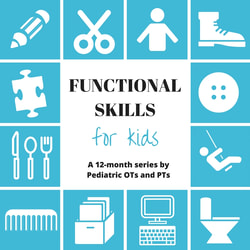
The Developmental Progression of Play Skills | Mama OT Building Fine Motor Skills Through Play | Sugar Aunts Gross Motor Skills and the Development of Play in Children | Your Therapy Source Playing with Friends: Supporting Social Skills in Play | Kids Play Space Using Play to Increase Attention | Miss Jaime OT Help! My Child Won’t Play - Adapting Play for Individual Kids | Growing Hands-On Kids How Play Makes Therapy Better | Therapy Fun Zone How the Environment Shapes the Way Kids Play | The Inspired Treehouse Why is my child “just playing” when they see an OT? | Your Kids OT
How Therapists Use Play in Therapy!
After a comprehensive assessment (refer here for anoverview of assessment) the therapist in collaboration with others (parents, teachers, other therapists) will set goals for individual children. Based on these goals, therapy sessions are planned to meet these in a number of different ways. We are always looking for the just right challenge for your child to extend them in learning skills without overwhelming them in the process. We may be working on ways to compensate for difficulties they are having, provide additional support or modify activities if appropriate. We use “play” as a medium to achieve goals, although sometimes the “play” may be the goal itself! Play as a medium to achieve goals. Therapists are great at task analysis. We “analyse” tasks and activities and play ... to figure out what skills are needed to perform these tasks. Therapists also work out what skills may develop as a certain task in performed or how it may be adapted to work on certain skills. Read about how these games have therapeutic benefits. Whilst we may use a variety of activities in therapy sessions, we are always working towards specific goals! If you are not sure the benefits of the activities your therapist is using, just ask them! I do understand parents who are concerned when goals are not being addressed or the play appears extended and unrelated to the reason for intervention. Parents and teachers should speak up. Ask therapists when your child is doing worksheets for a whole session or playing UNO for an hour or being tested on something they haven't done before. Ask therapists when your child looks uncomfortable. Ask therapists when the play seems repetitive. Speak to therapists when the play does not seem age-appropriate. There may be a therapeutic purpose or maybe the therapist needs the feedback; that they are not working towards the goals in an appropriate way. Play as a goal itself. As described earlier, play is a childhood occupation and as OTs we are concerned about how children play. How are they holding, grasping, releasing objects? How are they moving their arms and legs ... intentionally, individually, together? How are children interacting with objects... exploring, manipulating, imagining? How are children interacting with other children... social skills, parallel, collaboratively? How does the environment facilitate play? How can we help kids learn through play? It is the role of an OT to find the “just right” challenge to match activities with your child’s goals. At home, you can help your child learn through play too!
This article is part of “Functional Skills for Kids: 12 month series by Paediatric Occupational and Physical Therapists”. You can read all of the childhood functions HERE. Read all Your Kids OT’s monthly posts HERE. Find more information about “Play”! stop by to see what other Occupational and Physical Therapists participating in the “Functional Skills for Kids series” have written:
You may also like:
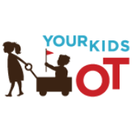
Cindy is a registered Occupational Therapist practising in Sydney Australia. She has two young children who are a constant source of inspiration and learning. Cindy loves working creatively to help children to reach their potential, finding opportunities in everyday living and making learning fun. Cindy is the author of the Occupational Therapy blog Your Kids OT.
The information on this site is general in nature. The activities are safe for most children, however, you should consult an Occupational Therapist or health professional to address specific movement, sensory or other medical conditions. This article does not contain affiliate links.
References:
Alesandrini, N. A. (1949). Play – A child’s world. American Journal of Occupational Therapy, 3, 9-12. Bundy, A.C. and Lane, S.J. (2012). Kids can be Kids: A Childhood Occupations Approach. Cornelli Sanderson, R. (2010). Towards a New Measure of Playfulness: The Capacity to Fully and Freely Engage in Play . Dissertations. Paper 232. http://ecommons.luc.edu/luc_diss/232 Parham, D. (2008). Play and Occupational Therapy in L.D. Parham & L.S.Fazio (eds) Play in occupational therapy for children (2nd edition).St Louis: Mosby pp 3- 39
When working on handwriting with older children I like to consider various forms of writing. Persuasive writing is an important genre and may feature in NAPLAN testing from year 3. By definition, "a persuasive text is any text where the main purpose is to present a point of view and seeks to persuade a reader. Persuasive text types include, for example, arguments, expositions, discussions, and letters to the editor, debates, reviews and advertisements" (NAP- National Assessment Program).
Whilst it is the role of your child's primary school teacher to teach your child about persuasive writing, here are a variety of resources which may support your child to develop skills in persuasive writing. I like using some of the writing prompts and writing planners in OT sessions. The persuasive words are really useful for those students who struggle with ideas to put onto paper. Explaining what is persuasive writing: 1. NAP - National Assessment Program: Writing - This outlines the testing requirements required with persuasive text including consideration of the audience, text structure, ideas, persuasive devices, vocabulary, cohesion, paragraphing, sentence structure, punctuation and spelling. There are some samples of writing prompts and how they may be answered. 2. Teaching Without Frills on YouTube - A series of You Tube videos to explain persuasive writing for kids. Episode 1: What is it? Episode 2: Brainstorming Episode 3: Planning and Pre-writing. Episode 4: Reasons Episode 5: Writing an Introduction
3. The Teacher Next Door: Writing to Persuade:_ Lots of great tips to teach persuasive writing including paragraph writing, mentor texts, persuasive techniques, etc.
4. Our Journey Westward: Picture Books which teach persuasive writing. A list of 14 books and how to use them to teach persuasive writing. Writing Prompts: 4. Squarehead Teachers: 62 Persuasive Writing Prompts for Kids - 62 great ideas to get your child thinking and writing persuasively. These inlcude "Which is better: to be an only child or to have siblings? Why?" and "Do you think a monkey would make a good pet? Explain why or why not." The style of prompt is not the same as Naplan testing as this is an American site. 5. 24 Writing Prompts by Blair Turner - These open ended prompts are suitable for a wide age range of grade levels and abilities. They include "Write a letter to your principal explaining why you believe recess should be longer" and "Should People own pets? Write an opinion piece about this." Writing Plans: 6. MargD Teaching Posters and writing plans - A wealth of resources here with posters and writing plans for various genres including persuasive writing. 7. Scholastic Writing Planners - There are a few here including the OREO writing planner, Opinion Writing, Fact/Opinion Glasses and more. Persuasive Words: 8. Mrs Swanda's Writing Resources: A list of persuasive words, sentence starters and transition words. 9. Scholastic Words:_ Introductory Words and Phrases, Transitions, Opinion Clues. 10. Teacher Starter: Persuasive Writing Poster - Includes persuasive language, sentence starters and conclusions. What is your favourite resource for persuasive writing?
You may also like:
|
AuthorHi, I'm Cindy and I am an Occupational Therapist. I enjoy working creatively with children to see them reach their potential. Read more about me here. SEARCH THIS SITE
Archives
June 2024
Categories
All
Popular Posts |
Join the YKOT e-newsletter!
Subscribe to get our latest content by email and receive
the SHAPE ROADS PRINTABLE NOW!

Success! Now check your email to confirm your subscription and receive your free printable!
Join our Mailing List!
Subscribe to get our latest content by email and receive
the SHAPE ROADS PRINTABLE NOW as a thankyou!

Success! Now check your email to confirm your subscription and receive your free printable!
Disclaimer: The information on this site is general in nature and should be used for educational and entertainment purposes. The activities are safe for most children, however, you should consult an Occupational Therapist or health professional to address specific movement, sensory or other medical conditions. This blog does not replace formal therapeutic professional advice given by a health professional or medical practitioner. Reviews and endorsements of products will only be made based on my expertise and personal opinion; and deemed worthy of such endorsement. The opinions shared in sponsored content will always be my own and not that of the advertising company or brand. Content, advertising space or posts will be clearly identified if paid, affiliated or sponsored. Affiliate links may be found throughout this website in advertising. This means that if you follow through with a purchase from these links, Your Kids OT will receive a percentage of the sale. Your Kids OT undertakes to meet the requirements of the "Social Media Policy" as published by Australian Health Practitioner Regulation Agency (AHPRA). Further information about this policy can be found here.
Find meFollow me |
About me
AuthorHi, I'm Cindy and I am an Occupational Therapist. I enjoy working creatively with children to see them reach their potential. Read more about me here. |
Copyright © 2017 Your Kid OT

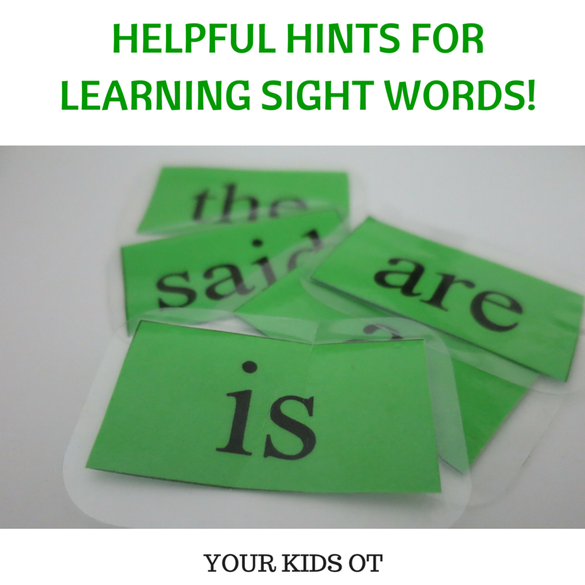

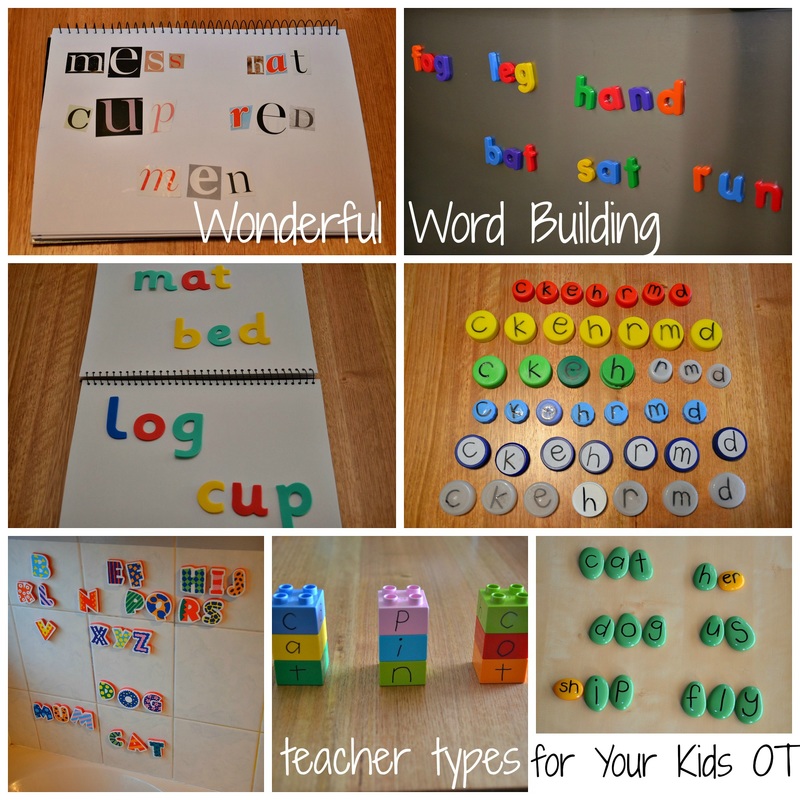
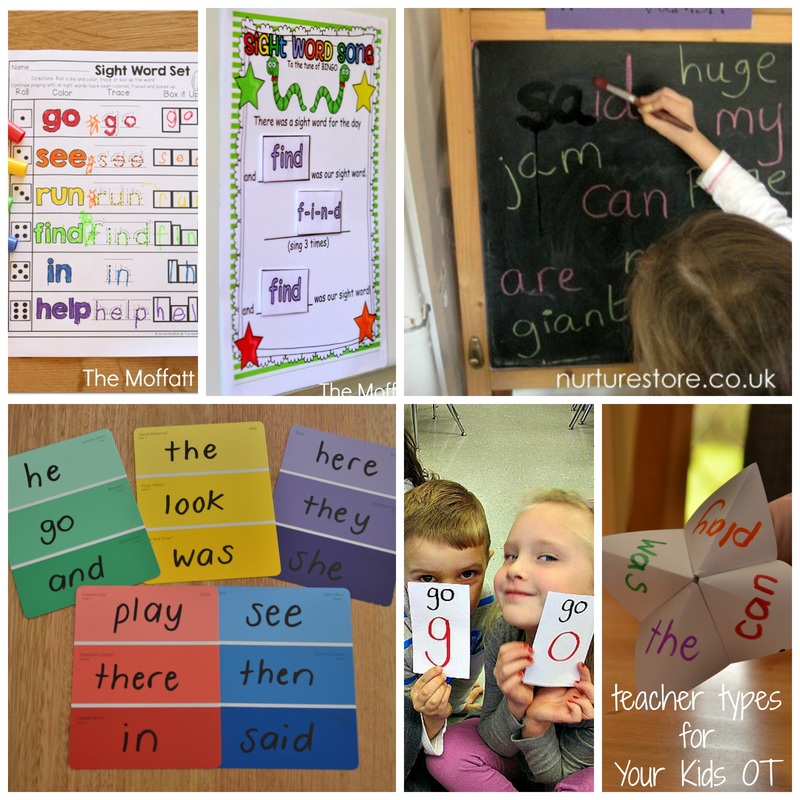
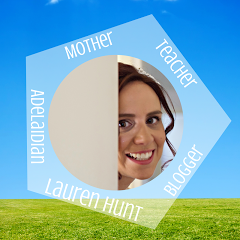
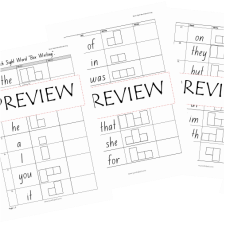
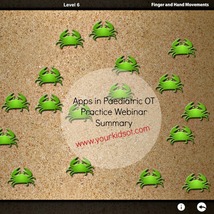
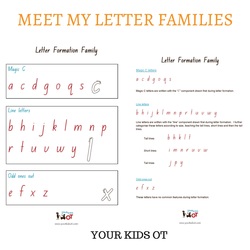
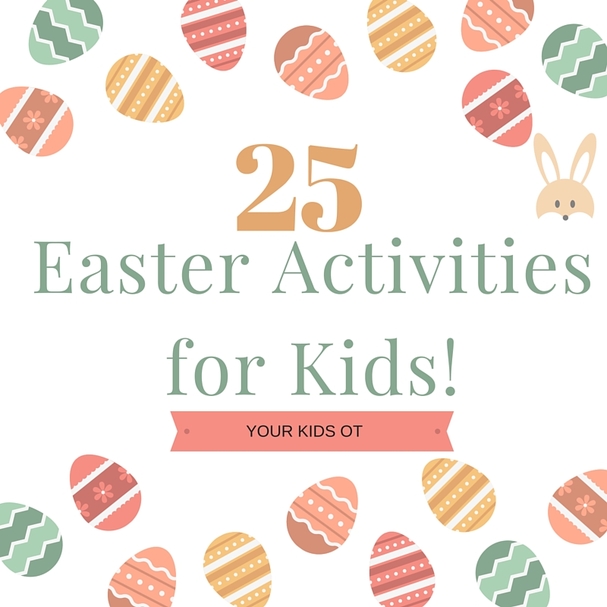
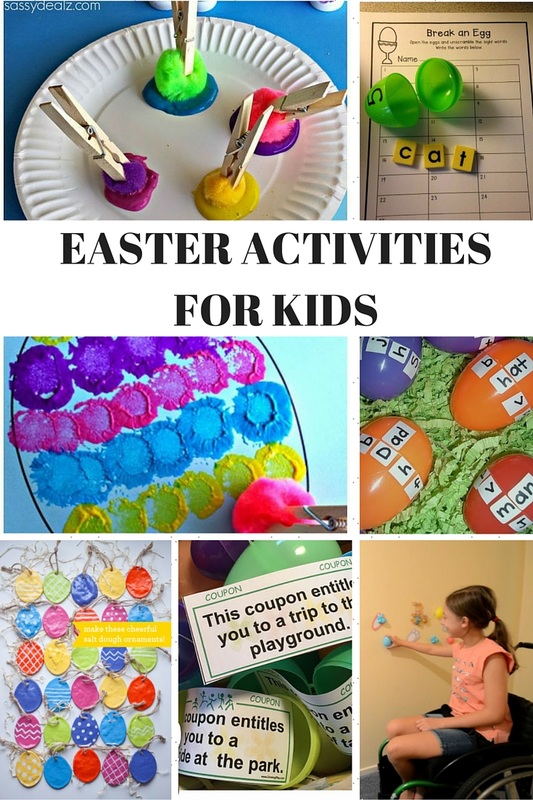

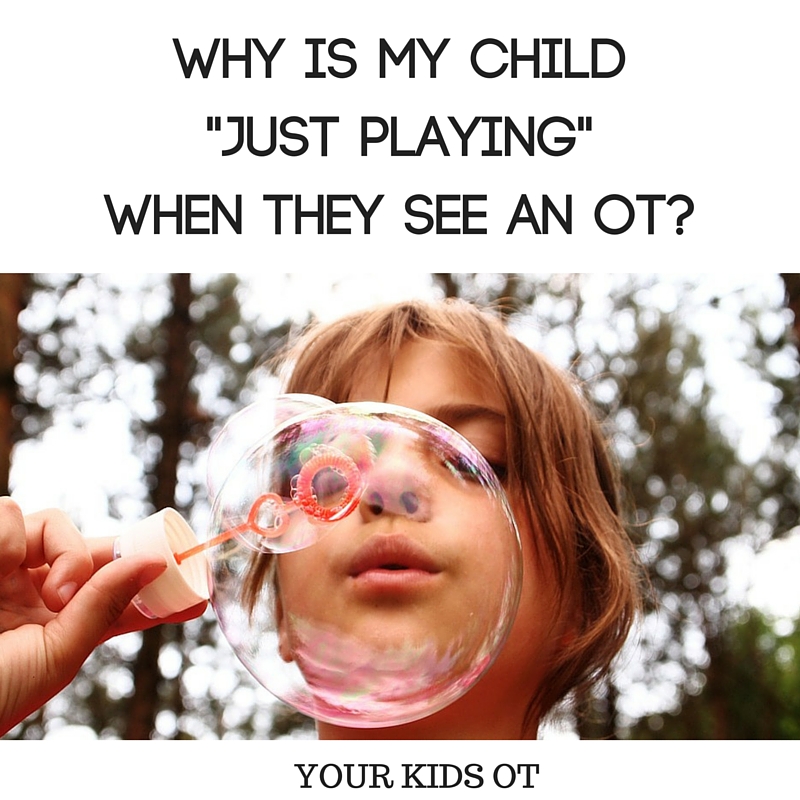

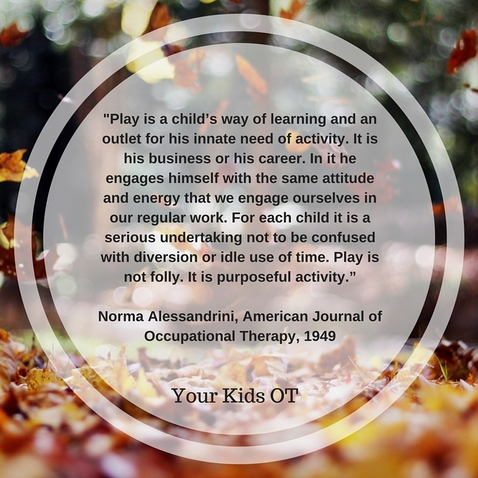
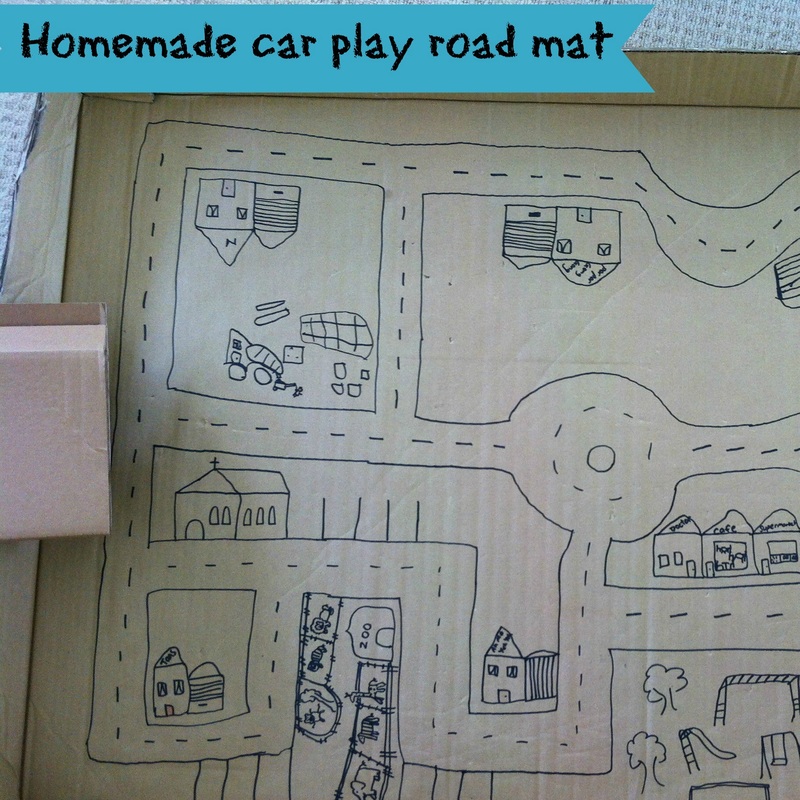
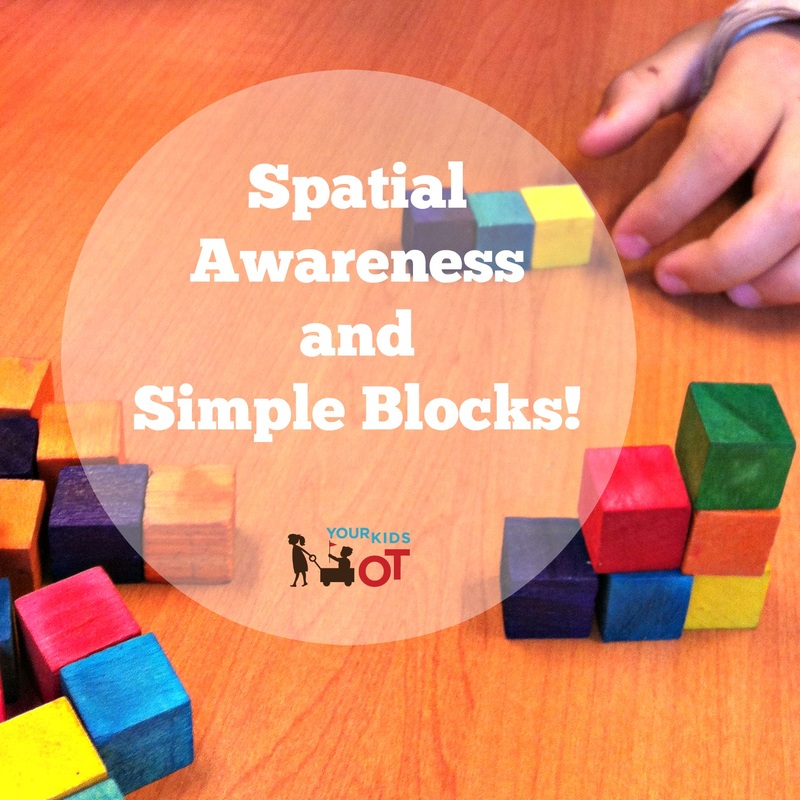
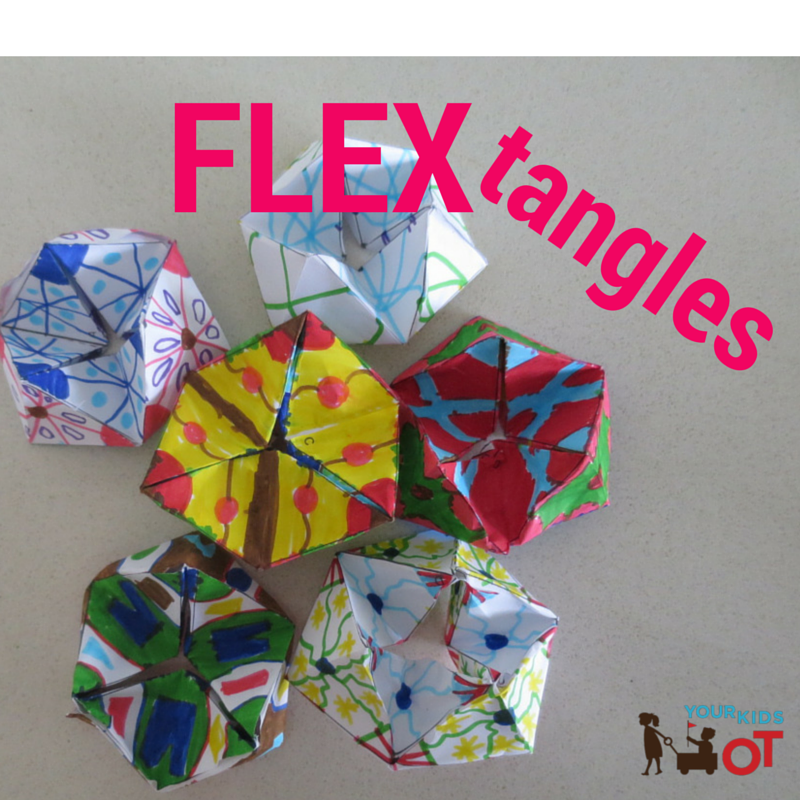
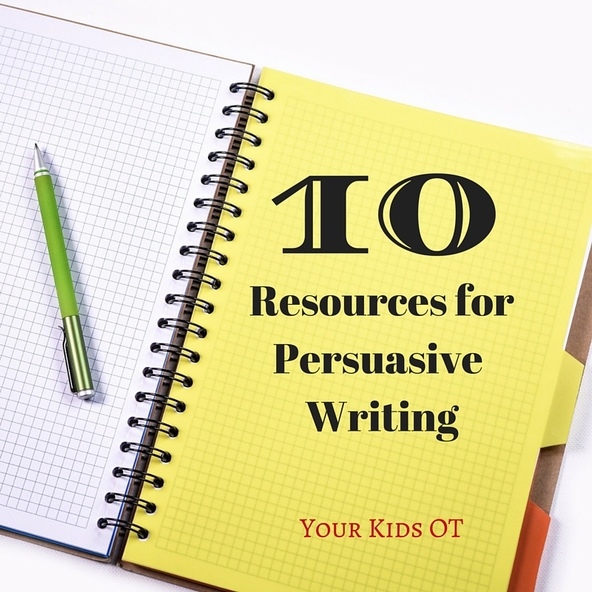


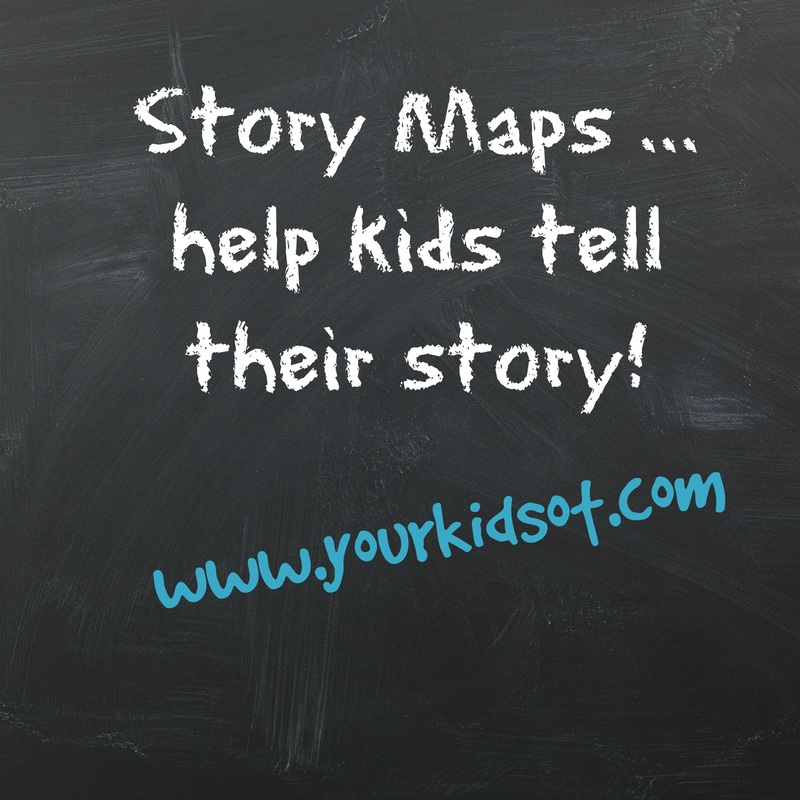
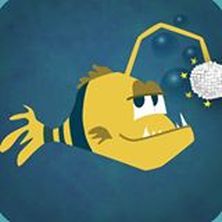
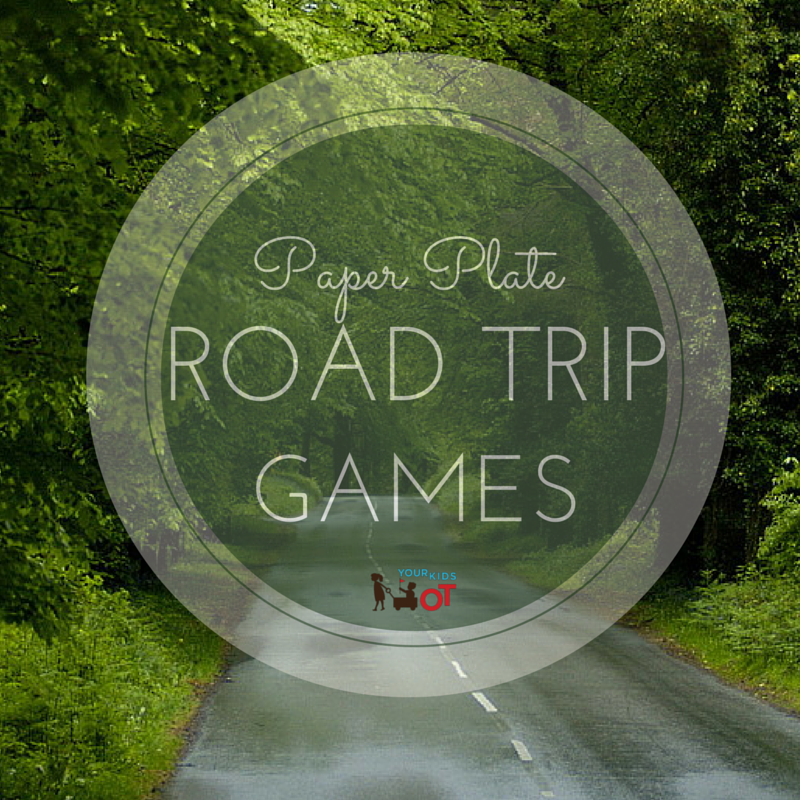
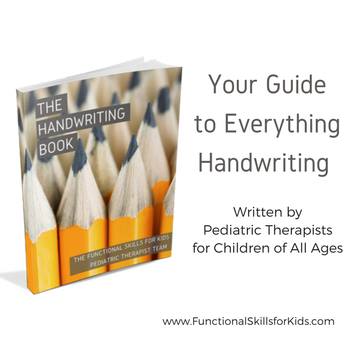
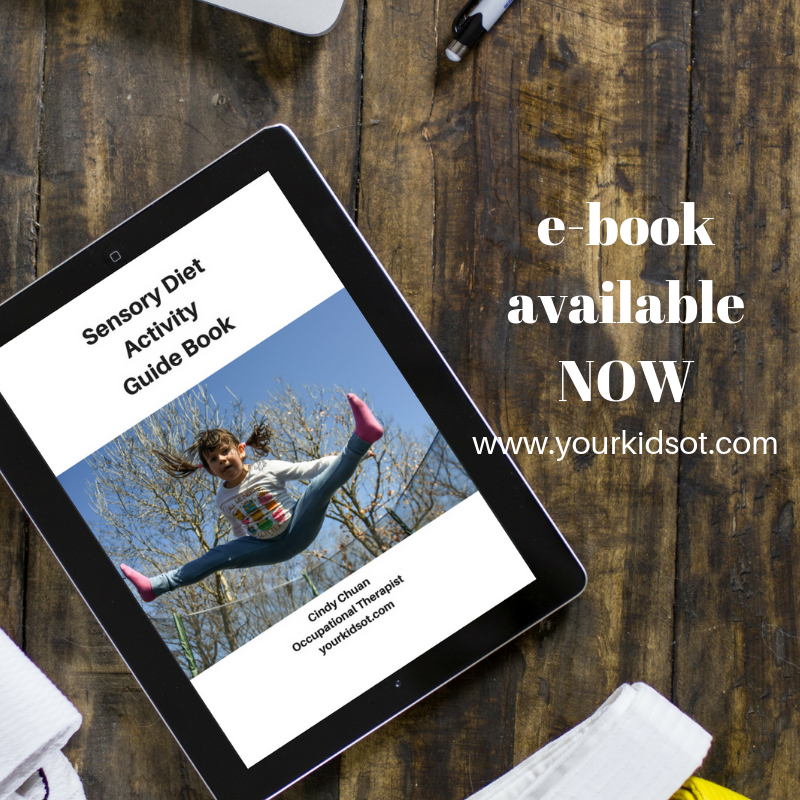
 RSS Feed
RSS Feed
